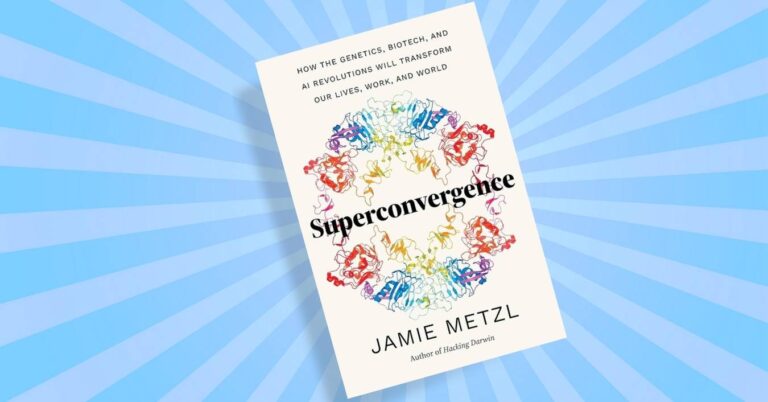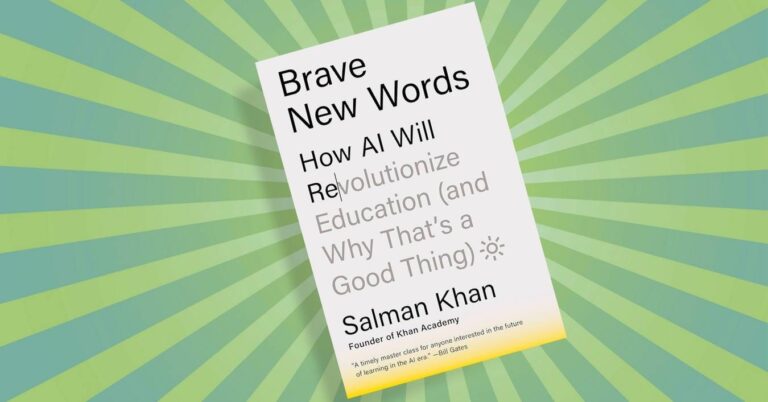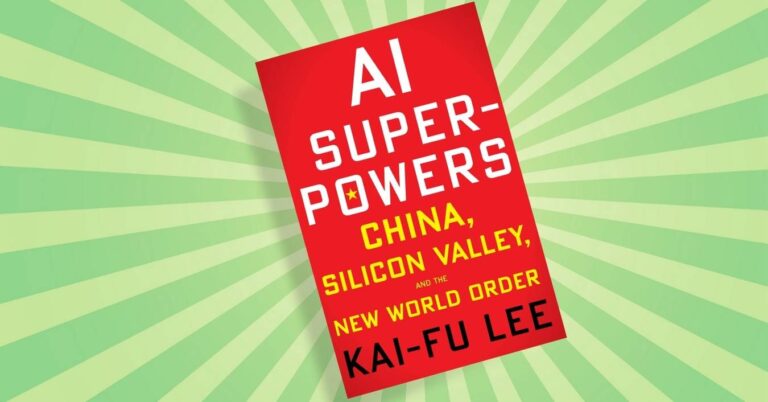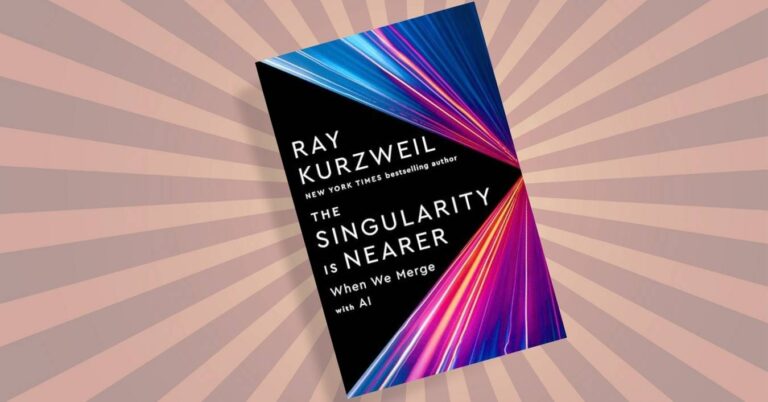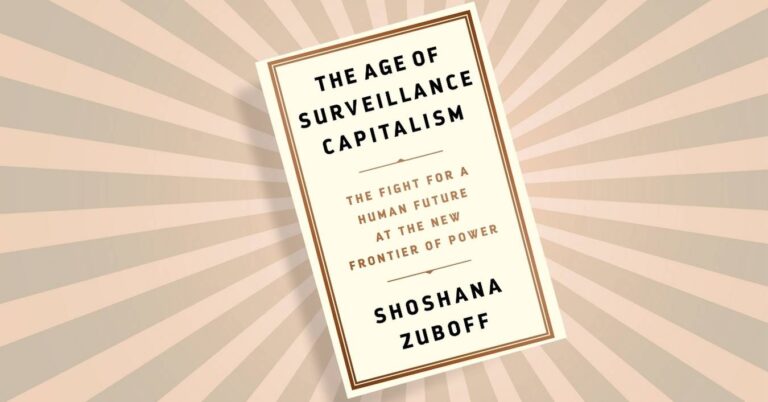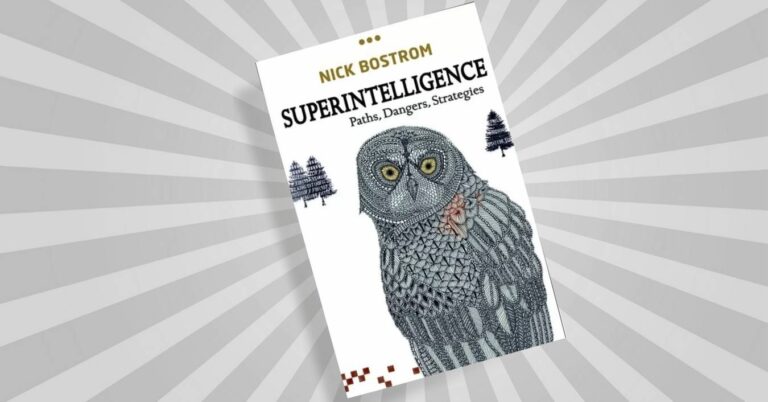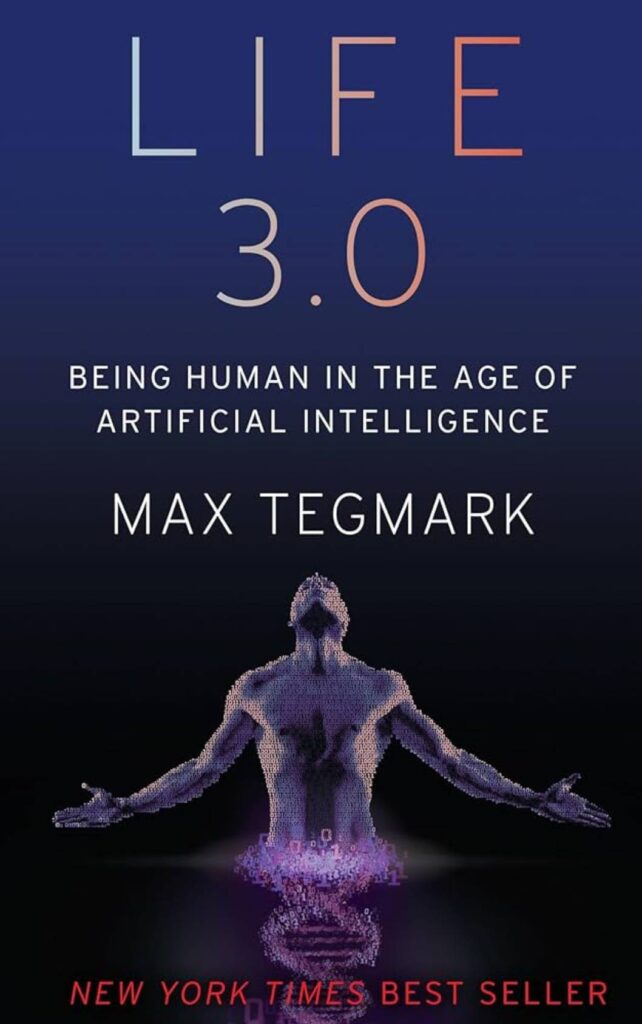
“Life 3.0” by Max Tegmark explores the future of artificial intelligence (AI) and its potential to transform society.
The book discusses the possibilities of AI development, its impact on various aspects of life, and the ethical considerations surrounding its advancement.
Tegmark provides a comprehensive overview of how AI could shape our future, emphasizing the need for thoughtful planning and responsible innovation.
Key Takeaways, Insights, and Views
- Stages of Life
- Life 1.0: Biological evolution, where hardware and software are evolved.
- Life 2.0: Cultural evolution, where software (knowledge) is designed.
- Life 3.0: Technological evolution, where both hardware and software are designed.
- AI Development and Impact
- AI has the potential to surpass human intelligence, leading to unprecedented advancements.
- The impact of AI on jobs, economy, and daily life could be profound and disruptive.
- Ethical and Safety Considerations
- Ensuring AI safety and ethical use is paramount to prevent unintended consequences.
- Developing AI in a way that aligns with human values and benefits society as a whole.
- Future Scenarios
- Various scenarios of AI development are discussed, from beneficial outcomes to dystopian possibilities.
- The importance of steering AI development towards positive outcomes through collaboration and regulation.
- Human-AI Integration
- Potential for AI to enhance human capabilities and extend lifespans.
- Concerns about loss of autonomy and identity if AI integration is not carefully managed.
Core Concepts
| Concept | Explanation | Importance |
|---|---|---|
| Life 1.0 | Biological evolution, where organisms evolve through natural selection. | Foundation of all life on Earth. |
| Life 2.0 | Cultural evolution, where humans design their own software (knowledge). | Enabled human civilization and technological progress. |
| Life 3.0 | Technological evolution, where humans design both hardware and software. | Potential to radically transform society and redefine human existence. |
| AI Safety | Ensuring AI systems operate as intended and do not cause harm. | Prevents unintended and potentially catastrophic consequences. |
| Ethical AI | Developing AI that aligns with human values and ethics. | Ensures AI benefits society and respects human rights. |
| AI Future Scenarios | Possible outcomes of AI development, ranging from utopian to dystopian. | Helps guide AI development towards beneficial outcomes. |
Deeper Explanations of Important Topics
- Stages of Life
- Life 1.0: Biological evolution shaped by natural selection, where organisms cannot redesign themselves.
- Life 2.0: Cultural evolution allowing humans to redesign their knowledge and behaviors through learning and culture.
- Life 3.0: Technological evolution where humans (or AI) can redesign both physical and intellectual capacities, leading to transformative potential.
- AI Development and Impact
- AI advancements could lead to the creation of machines that outperform humans in various tasks, potentially transforming industries and everyday life. However, this raises concerns about job displacement, economic inequality, and societal disruption.
- Ethical and Safety Considerations
- Ensuring AI safety involves rigorous testing, transparency, and robust frameworks to prevent misuse and unintended harm. Ethical considerations require AI to be developed in a way that respects human values, rights, and dignity.
Actionable Insights
- Promote AI Education and Literacy
- Increasing public understanding of AI and its implications can foster informed discussions and better policy decisions.
- Develop Robust AI Governance
- Establishing clear regulations and ethical guidelines can help ensure AI is developed and used responsibly.
- Encourage Collaborative AI Research
- Promoting collaboration between governments, academia, and industry can drive innovation while addressing safety and ethical concerns.
Quotes from "Life 3.0"
- “The ultimate goal of AI should be to create a world where humans flourish.”
- “As we move towards Life 3.0, the choices we make will determine whether AI becomes our greatest ally or our worst enemy.”
- “Ensuring that AI systems are safe and aligned with human values is one of the greatest challenges of our time.”
- “The future of AI is not about whether it will happen, but about how it will shape our lives and society.”
- “In the age of Life 3.0, we must take responsibility for the future we are creating.”
This summary of “Life 3.0” by Max Tegmark is part of our series of comprehensive summaries of the most important books in the field of AI. Our series aims to provide readers with key insights, actionable takeaways, and a deeper understanding of the transformative potential of AI.
To explore more summaries of influential AI books, visit this link.

